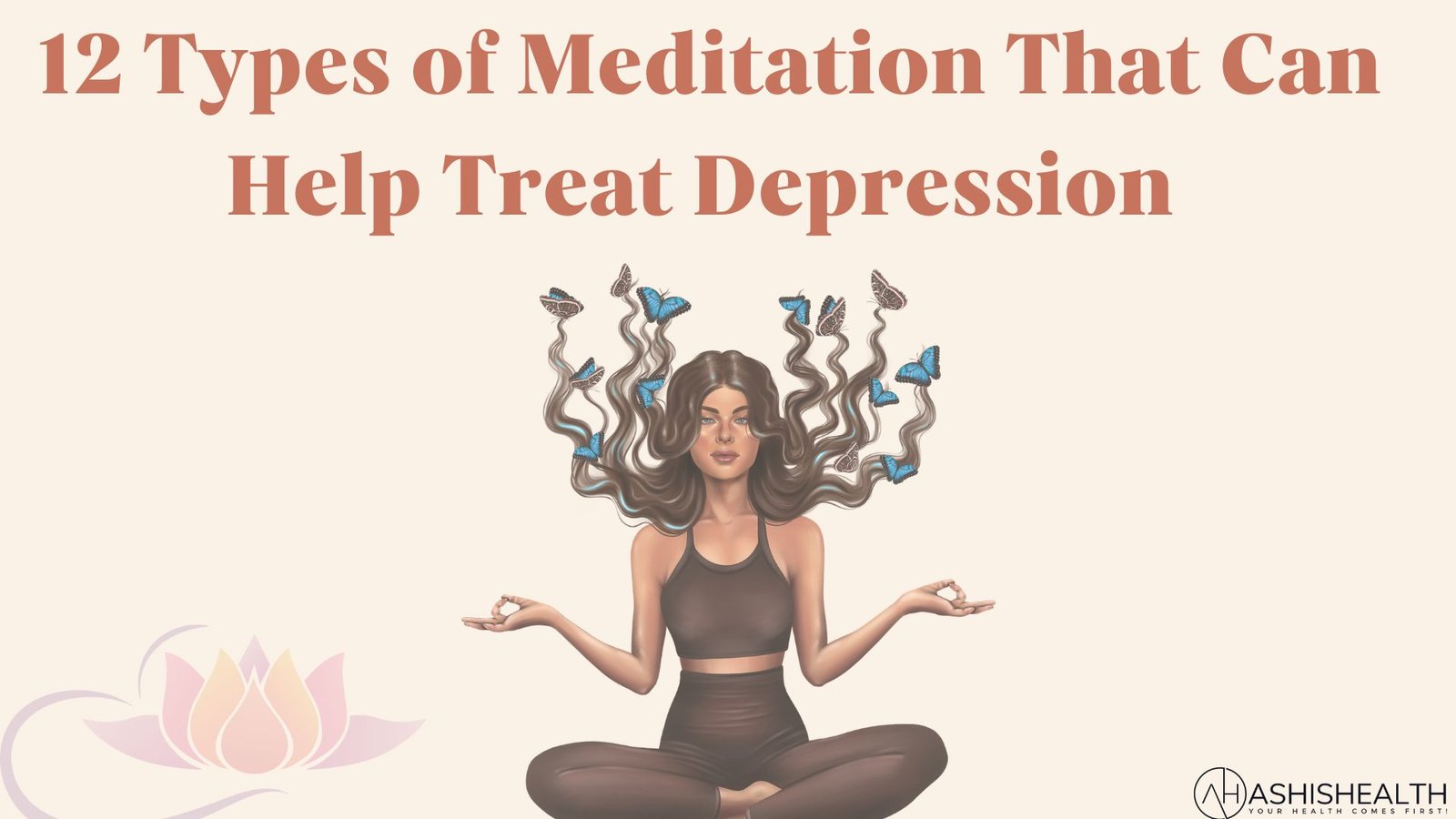Meditation’s Role in Depression Recovery
Meditation can help with depression by calming your mind, reducing stress, and increasing positivity. It boosts self-awareness, improves sleep, and enhances your mood over time. Meditation also provides a coping tool and can reduce feelings of isolation when practiced with others. It’s like giving your mind a break and training it to feel better.
Meditation as Part of a Treatment Plan
Meditation is all about taking a few moments each day to relax your mind. You sit quietly, focus on your breath, and let go of the worries for a little while. It’s like hitting the reset button for your brain.
Mindfulness Meditation
The origin of all meditations may be mindfulness meditation. Mindfulness is the parent of many other styles of meditation, and it may be the one with the strongest scientific basis.
Loving-kindness meditation
Loving-kindness meditation is a relaxable meditation that help to calm your soul and that is the powerful tool for developind tendency toward kindness. This meditation is also known as “meta meditation”. It entails silently repeating a sequence of mantras while spending positive thoughts, warmth, and love to others.
Mindfulness-based Cognitive Therapy
Mindfulness-based cognitive therapy (MBCT) is a therapy that approach the cognitive behavioural techniques with mindfulness of their thoughts and emotions, ultimately helping them to effectively manage your mind and help to enhance a positive thoughts. By merging of these two approaches, MBCT aims to provide relief from distressing emotions and promote mental well-being.
Walking Meditation
Of course, walking is beneficial for both your physical and emotional health. A walking meditation, though, can help you reach a higher level. In one study, a small group of older persons who participated in aerobic walking combined with Buddhist meditation three times a week for 12 weeks saw improvements in flexibility and balance in addition to a reduction in depressive symptoms.
In another study, younger adults who meditated before or after walking (for as little as 10 minutes at a time) reported less anxiety.
Body Scan Meditation
Body scan meditation includes sequentially focusing on various body regions. Similar to breathing awareness, you can practice this while sitting, lying down, or in various positions, with or without opening your eyes. You concentrate on breathing deeply as you turn your attention to various body parts.
Yoga
Yoga appears to have an impact on depression and anxiety because it mixes physical postures with breathing exercises and meditation. According to studies, chanting is a component of Kundalini yoga, which is used to cure obsessive-compulsive disorder. Kundalini yoga has methods for controlling anger, controlling fear, and changing bad thoughts into positive ones.
According to a different study, yoga and CBT helped persons with generalized anxiety disorder sleep better and live better while reducing their anxiety, despair, and panic attacks.
Repetitive Activity
The cleaning may not be a traditional meditation practice, but if you undertake repetitive tasks mindfully—like washing pots and pans—you could experience a calmer state of mind.
This theory is supported by at least one study, which found that “mindful cleansers” did exhibit more mindfulness and decreased anxiety compared to non-mindful dishwashers.
Visualisation
Many people discover that focussing on positive pictures instead than negative ones promotes tranquility. You can direct your session using one of the many recordings that are accessible online, or you can have someone else conduct your guided imagery or visualization meditation.
Chanting
Chanting or gong chimes are frequently used in meditation traditions as a means to help people concentrate. According to one study, “active-type meditative practices” like yoga and chanting appear to stimulate the brain’s mood- and emotion-controlling regions.
Start with the breathe
Breathing exercises can help someone get a better understanding of the fundamentals because the breath is a key component of meditation. In addition, because the breath is constantly there, anyone who is experiencing anxiety or difficulty coping can concentrate on their breathing.
The Bottom Line
People can use a variety of meditation techniques to help control the signs and symptoms of depression. The brain and general well-being may benefit from meditating, according to evidence. The idea of meditation can seem overwhelming if you’re not experienced or have too many ideas. Try not to put pressure on yourself and be patient. Additionally, it could take a few ways until you find one that works on you naturally and gives the different vibes.
Frequently Asked Questions (FAQs)
Q1. Does meditation really work for depression?
Yes, meditation is the finest therapy for treating depression, and the best thing is that you won’t need to worry about taking your medication on time.
Q2. How long does it take for meditation to help depression?
Research has revealed that persons with recurrent depression typically have a smaller hippocampus, and one study found that participants who meditated for 30 minutes a day for eight weeks improved the volume of gray matter in their hippocampus.
Q3. Which meditation is best for mental health?
During a mindfulness meditation session, you focus on your thoughts as they come and go. You don’t condemn or identify with the thoughts.
Q4. Which mantra is powerful for mental health?
The “Om” mantra is regarded as one of Hinduism’s most potent mantras and is thought to have the ability to bring harmony, balance, and tranquility to the mind, body, and soul.
Also Read: Headache: What It Is, Types, Causes, Symptoms & Treatment


